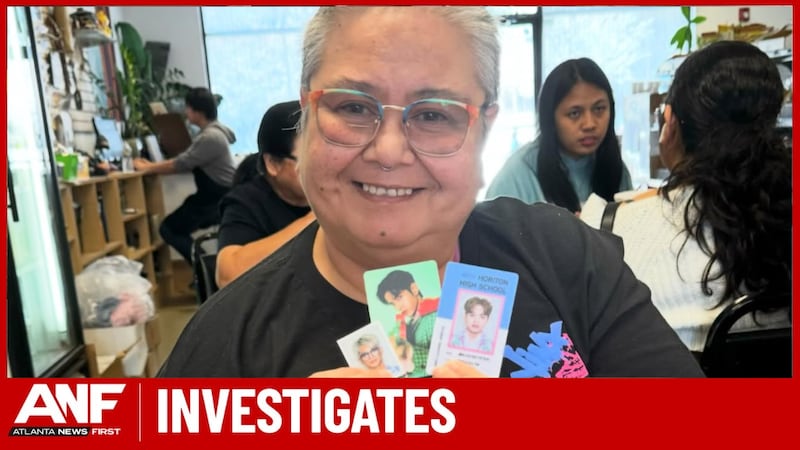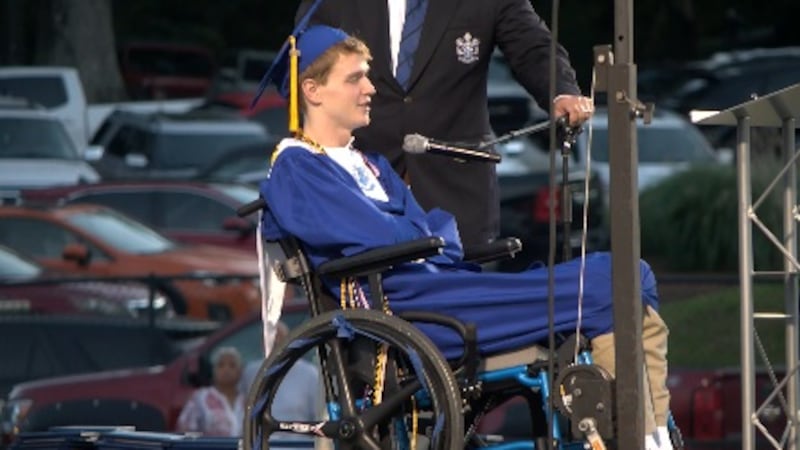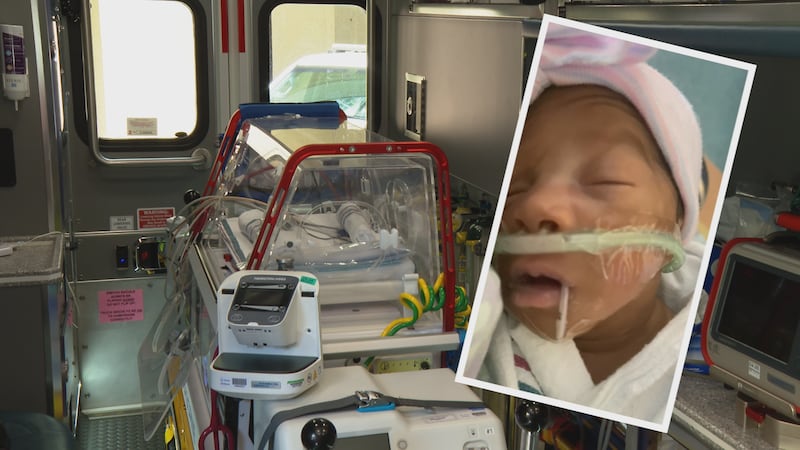S.C. health system adds to hurdles of Alzheimer’s, experts say
CHARLESTON, S.C. (WCSC) - South Carolina families living with Alzheimer’s disease and health care workers say the industry presents one of their biggest challenges.
An annual report from the South Carolina Alzheimer’s Association names navigation of the U.S. health care system as one of the community’s top stressors. The association reports two in three caregivers have difficulty finding resources or for their needs.
“We’re not doing enough in the United States to be ready to provide that dementia care to people who are affected by the disease,” SC Chapter Vice President Ashton Houghton says.
Subjects of concern often include cost, coordinating with multiple doctors, securing appointments, getting help taking a break and finding appropriate doctors. Of those surveyed, only 51% of caregivers have ever talked with healthcare professionals about asking for help navigating the system.
Cheryll-Woods Flowers, a caregiver to both of her parents and husband, says it becomes a thankless job and often a costly one.
MORE FROM NEWS 12:
Local mom pushes for AEDs in Ga. schools after son’s death
Monty Rouse played basketball for Columbia Middle School. During his first game, the 13-year-old collapsed. Now, his death is catching the attention of state lawmakers.
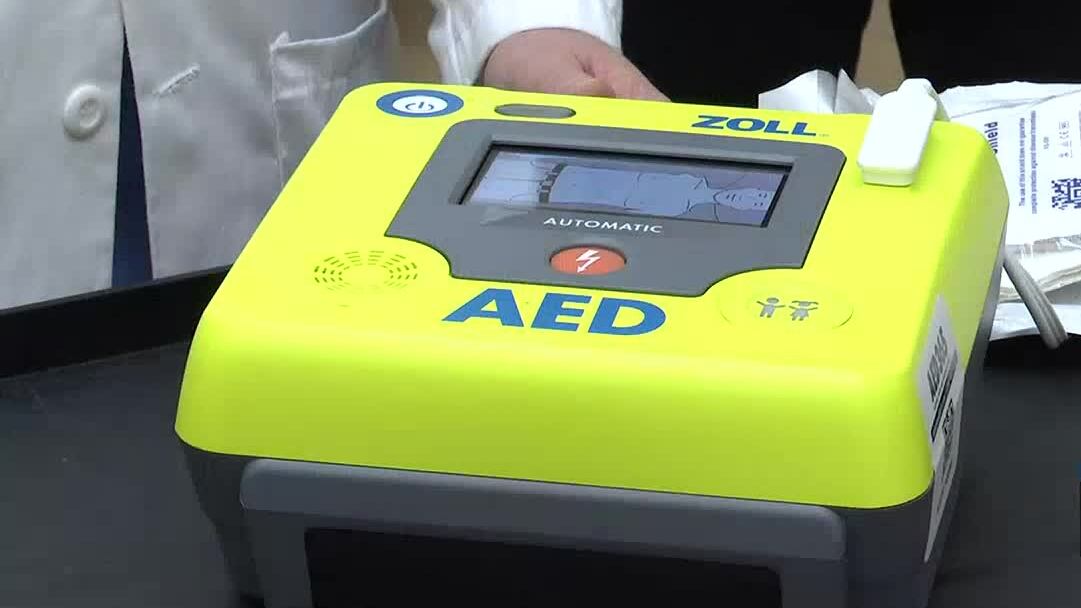
Daycare center abuse allegations spark mom’s call to community
Another daycare in our area is being investigated by the state after a mother claims her child was hurt in their care.
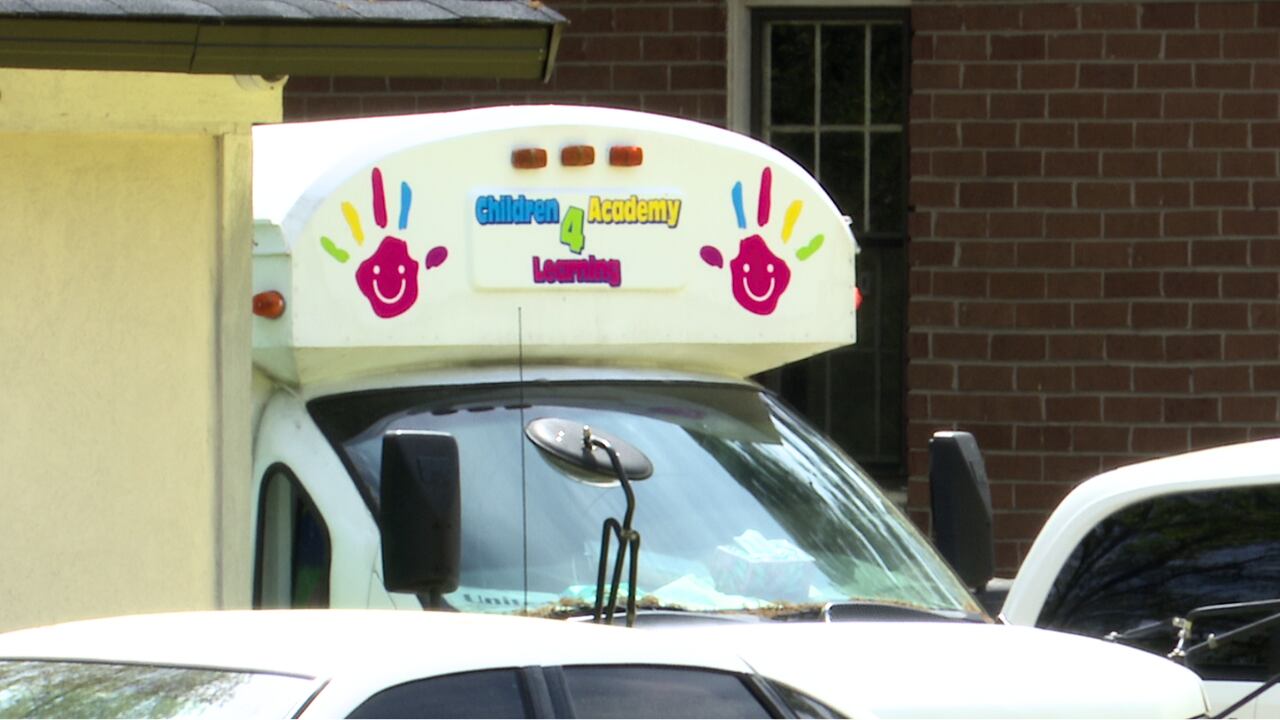
Baltimore bridge collapse could bring more freight traffic here
Georgia and South Carolina ports may see more ships, trains could be carrying more freight and major highways like Interstate 20 could bear a bigger load.

It’s snake season in Georgia: Here’s what you should know
What should you do if you encounter a snake? Here's what you need to know about the different types of snakes in our area.

“It’s the unfairness of it all. Why me? Why is this happening to me? I would never regret that time I took with them, but everyone is different,” Flowers says. “A caregiver, they’re int the middle of a lot of different things that they’re trying to move around. They might not believe they’re as successful as they should be.”
Care for people living with Alzheimer’s and other dementias is projected to reach $360 billion in 2024. This is a $15 billion increase from the previous year.
This number does not include the amount of unpaid care provided by loved ones, which could reach more than $5.5 billion, or 361 million hours.
Adding on the struggles Flowers has faced searching for the correct care often mixes the pot further.
“Lack of knowledge, lack of training. Alzheimer’s is not your average disease. It’s not just they don’t have memories of their family, they don’t have the ability to think through things,” Flowers says.
Sixty percent of health care workers believe the national system does not provide functional pathways for patients and families who need dementia care.
Out of 6.9 million people age 65 and older in the U.S. living with Alzheimer’s dementia, 112,500 find home in South Carolina.
Dr. Nick Milano, a physician at the Medical University of South Carolina, agrees the challenge spreads into their spaces with numbers growing every day.
“We just don’t have enough of a workforce to help take care of all the patients that have dementia and Alzheimer’s disease,” Milano says. “We don’t have enough specialists, enough educators.”
The association is pushing for legislative action to increase access to community-based care services. The South Carolina Department of Aging requested $1.1 million to establish dementia care specialist programs to 10 regions in the state.
The goal would be to provide local initiatives and resources to families who need immediate assistance for the treatment of themselves or loved ones.
“What groups might be available, knowing the geriatric-specific care providers in any given town in South Carolina,” Houghton says. “The ten dementia care specialists through the Department on Aging would be an amazing, much-needed resource.”
“Almost everyone that’s going to watch this knows someone or has a family member with dementia and Alzheimer’s disease, and they see how devastating disease it is,” Milano says. “South Carolina is actually considered a neurology desert when you compare the number of neurologists to the number of patients expected with Alzheimer’s disease in 2025.”
The Alzheimer’s State Plan Act requires the department to maintain “strategic, evidence-informed plans” to address the disease. The plan for 2023-2028 puts a special focus on ive services and resources.
If you believe you or a loved one may need assistance, you are encouraged to the Alzheimer’s Association here or call 800-272-3900.
Copyright 2024 WRDW/WAGT. All rights reserved.








